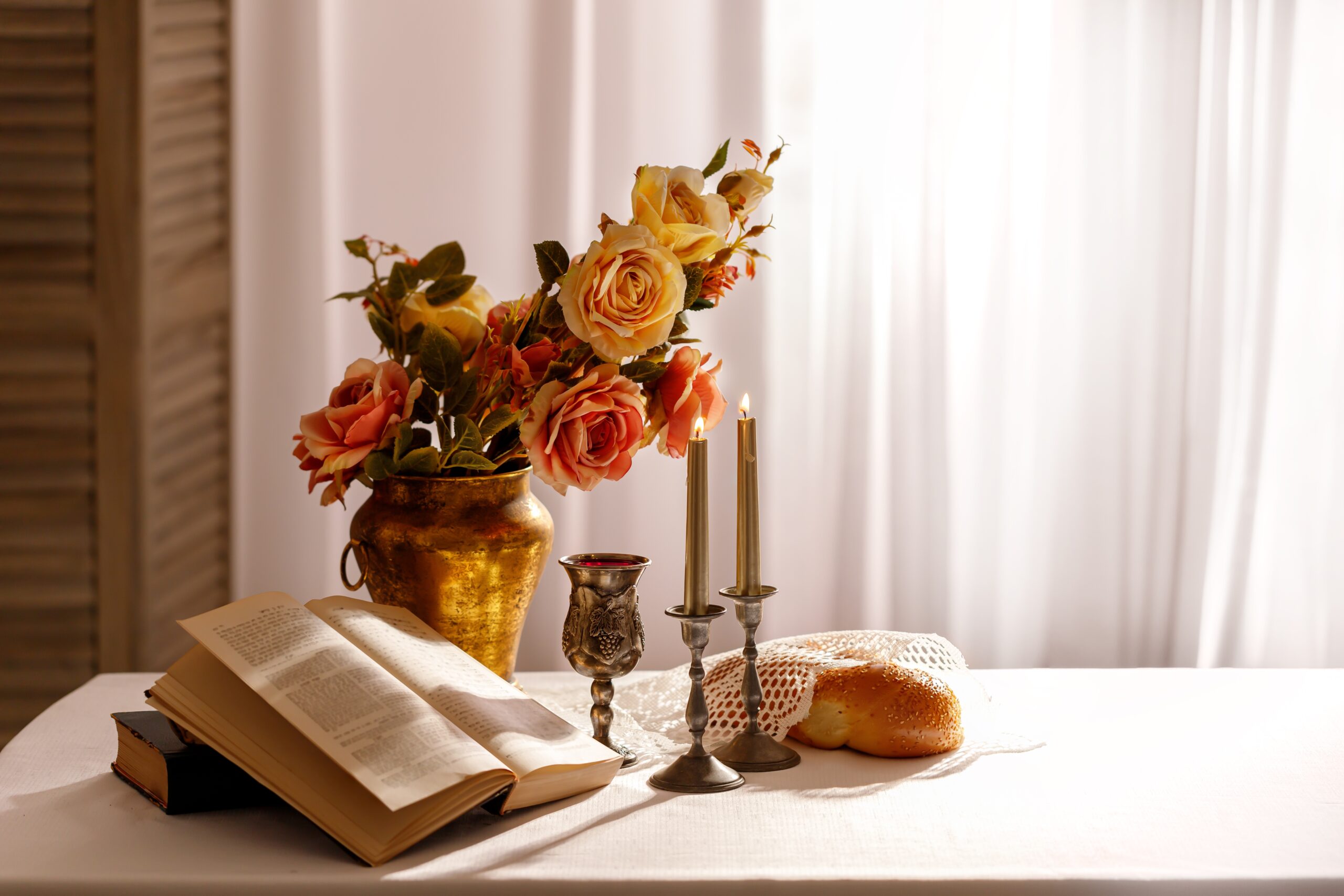Last week, we lost Charlie Kirk. Writing those words is still hard to believe. His sudden and brutal murder has left Jews and Christians heartbroken. For so many of us, Charlie wasn’t just a public figure—he was a friend, a partner in defending Israel, and a man who lived with deep conviction.
I first met Charlie at AmericaFest in December 2023. The conference happened to fall on Shabbat, so together with my colleague Rabbi Pesach Wolicki and a few friends, we arranged a small Friday night meal. To our surprise, Charlie showed up.
At that dinner table, I learned something that stayed with me: Charlie and his wife, Erika, were keeping Shabbat. Not halfway, not occasionally, but every week. From Friday evening until Saturday night, they shut everything down—no phones, no work, no media. For 25 hours, they stepped away from the noise and spent the time with each other and with God.
Think about what that meant for a man like Charlie. He was leading one of the largest political movements in America. His phone never stopped buzzing. People were pulling at him from every direction. And yet, when Friday night came, he turned it all off. His staff knew he was unavailable until Shabbat ended.
Charlie often said that Shabbat changed his life. It gave him peace in a world that never slows down. It strengthened his marriage and his family. It gave him space to breathe and to listen.
Charlie’s embrace of Shabbat grew out of his friendship with Jewish thinker Dennis Prager, who opened his eyes to the beauty of this ancient practice. This in itself was telling. Charlie was one of Christianity’s strongest advocates, utterly confident and unapologetic in his faith. And yet, that confidence didn’t stop him from drawing on the wisdom of Judaism. He understood that Jews and Christians, though different in faith, share a devotion to the Bible and can learn deeply from one another. His relationship with Dennis was a model: we can be firmly rooted in our own beliefs while also gaining from the insights of our friends. Charlie lived that truth.
That night in Phoenix, Charlie told us he was writing a book about how Shabbat changed his life. He even shared the title: Stop, in the Name of God. It wasn’t another book about politics or culture wars—it was about rest, about faith, about putting God at the center of life. That book is now set to be published, and it’s available for pre-order.
For me, that evening was also a turning point. I had been thinking about writing a book for Christians who wanted to explore Shabbat. Across the country, I was meeting Christians who were quietly beginning to embrace Shabbat in their own way. But when I heard Charlie—of all people—speak about how much it had changed his life, I knew there was something bigger happening. Charlie gave me the push to take that seriously and write Shabbat Revolution: A Practical Guide to Weekly Renewal.
Charlie was probably the most well-known non-Jew in the world who kept Shabbat. His example gave courage to others who were curious but hesitant. He made it normal to talk about stopping once a week, shutting out the noise, and giving that time back to God and family.
We are grieving a terrible loss. But even in the midst of this pain, I believe Charlie’s legacy will continue to grow. He showed us that even the busiest life can make room for rest, and that choosing to stop is not weakness—it’s strength.
May his memory be a blessing.





